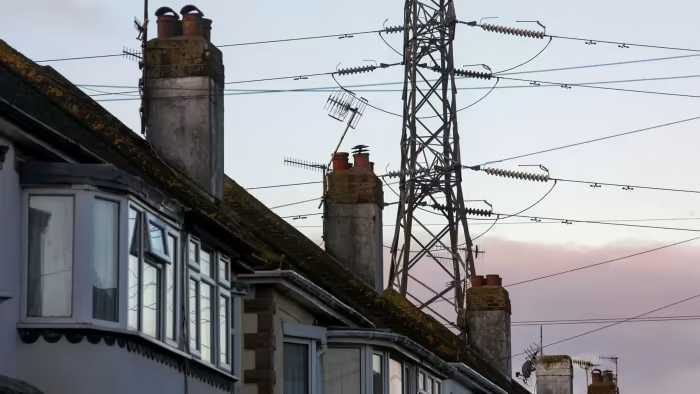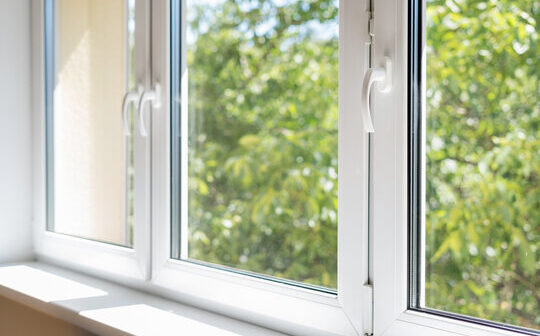
When it comes to understanding our energy usage, it’s essential to be aware of how many kilowatt-hours (kWh) a house typically consumes in a day.
By having a clear understanding of energy consumption patterns, we can make informed decisions to reduce our environmental impact and manage our electricity bills effectively.
How Many kWh Does a House Use per Day in the UK?
To determine the average kWh usage of a house, we need to consider multiple factors that influence energy consumption. These factors include:
-
Household Size: The number of people residing in a house directly impacts its energy usage. Larger households tend to consume more electricity due to increased demand for lighting, heating, appliances, and electronic devices.
-
Type of Property: The size and type of property also play a significant role in energy consumption. A larger house generally requires more energy to heat, cool, and power various appliances.
-
Insulation: Well-insulated homes require less energy to maintain a comfortable indoor temperature, reducing the overall kWh usage. Proper insulation helps prevent heat loss during winter and keeps the house cooler in summer.
-
Appliance Efficiency: Energy-efficient appliances consume less electricity compared to older, less efficient models. When purchasing appliances, look for the Energy Efficiency Rating label, which indicates the product’s energy efficiency.
-
Heating and Cooling Systems: The type of heating and cooling systems installed in a house affects its daily energy consumption. Modern, energy-efficient systems such as heat pumps or smart thermostats can help reduce kWh usage.
-
Lighting: The type of lighting used in a house can significantly impact energy consumption. Switching to energy-efficient LED bulbs can save a substantial amount of electricity compared to traditional incandescent or halogen bulbs.
-
Lifestyle and Behavior: Individual habits and lifestyle choices also influence energy consumption. For example, leaving appliances on standby, using hot water excessively, or not properly managing heating and cooling systems can result in higher kWh usage.
-
Seasonal Variation: Energy consumption tends to vary throughout the year due to seasonal temperature changes. Houses generally consume more electricity during colder months for heating and during hotter months for cooling.
Average Daily kWh Consumption in UK Households
The average daily kWh consumption of a house in the UK ranges between 8 kWh and 10 kWh, depending on various factors.
This range takes into account the size of the property, the number of occupants, and the energy efficiency of appliances and systems used.
According to the UK government’s statistics, the average household electricity consumption in the UK is around 10 kWh per day.
Factors Affecting Daily kWh Usage
1. House Size and Occupancy
The size of a house and the number of occupants directly impact its daily kWh usage. Larger houses with more rooms require additional lighting and heating, resulting in higher energy consumption.
Similarly, more occupants in a house mean increased usage of electronic devices, appliances, and hot water, leading to higher kWh usage.
2. Energy Efficiency Measures
The implementation of energy efficiency measures significantly influences daily kWh usage.
Houses with effective insulation, double-glazed windows, and energy-efficient appliances consume less electricity compared to properties without such measures.
Investing in energy-saving upgrades can help reduce daily kWh consumption and lower energy bills.
3. Heating and Cooling Systems
The type of heating and cooling systems used in a house plays a crucial role in daily kWh usage.
Modern systems, such as heat pumps or smart thermostats, are designed to be more energy-efficient, helping reduce overall electricity consumption.
On the other hand, older, less efficient systems can contribute to higher daily kWh usage.
4. Lighting Choices
The choice of lighting can impact energy consumption. Traditional incandescent or halogen bulbs consume more electricity compared to energy-efficient LED bulbs.
Switching to LED lighting throughout the house can result in significant energy savings and lower daily kWh usage.
5. Household Appliances
The energy efficiency of household appliances influences daily kWh consumption. Upgrading to energy-efficient models, indicated by higher Energy Efficiency Rating labels, can lead to substantial energy savings.
Appliances such as refrigerators, washing machines, and dishwashers are major contributors to daily kWh usage.
6. Seasonal Variations
Seasonal changes affect daily kWh consumption, especially for heating and cooling purposes. During colder months, households tend to use more electricity for heating, while warmer months see an increase in electricity usage for cooling.
Understanding and managing seasonal variations in energy consumption can help reduce daily kWh usage.


